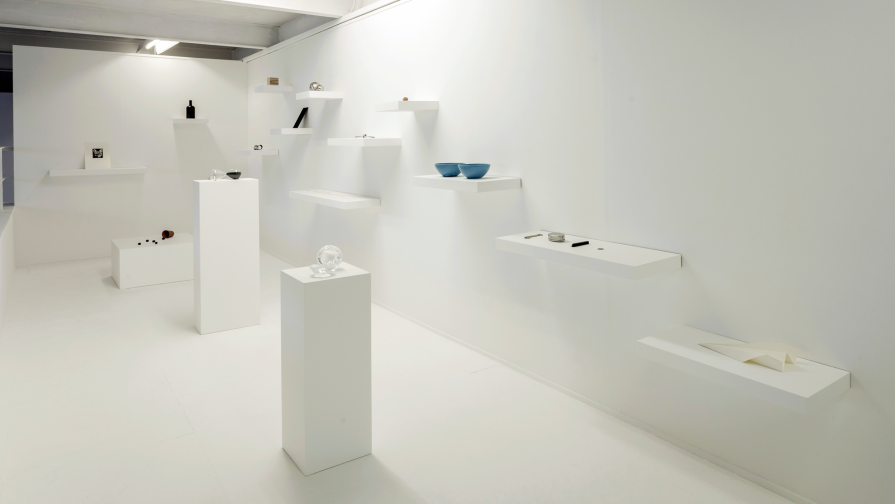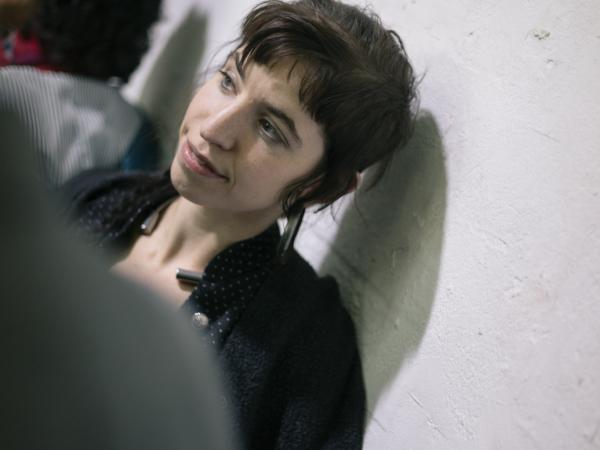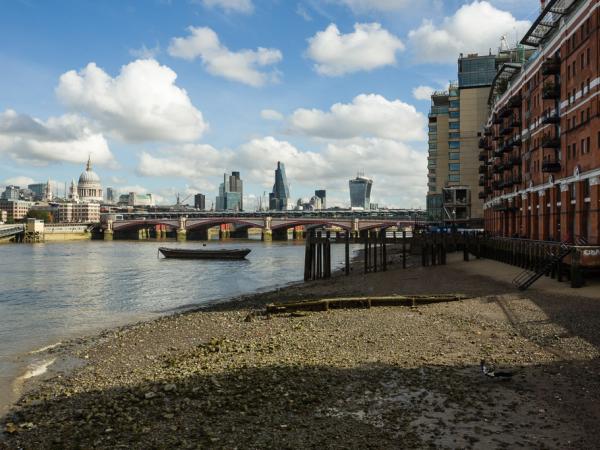Wunderkammer VI
Wunderkammer is the German equivalent to a cabinet of curiosities and literally translates as wonder-chamber.
In my art practice I am concerned with the question where and how can we still find wonder today, long after the legendary unicorn trophies turned out to be only the tusks of the common narwhale and the last terra incognita on the globe has been explored; after what the sociologist Max Weber called ‘the disenchantment of the world’) – brought about by the Enlightenment and Modernity? How can we create meaning and knowledge through wonder and how can we explore and appropriate things not by de-coding them but by continuously wondering about them?
Wonder today, I believe, lies in the poetic potential of the ordinary. What constitutes my art practice is insisting on and pointing out the poetic within the everyday and seemingly familiar things, thereby creating a poeticised or romanticised version of themselves. As wonder objects they become a part of my Wunderkammer collection – an object archive of which I am the creator and collector at the same time.
The historical Wunderkammer collections consisted of a wide range of wondrous natural history objects and artifacts. Presentation and content of the Wunderkammer depended on the collector’s individual preferences and represented a kind of visual-lyrical interpretation and appropriation of the world. Although the Wunderkammer is originally a Renaissance concept, I recognise a very Romantic idea behind it: to wonder and to acknowledge the miraculous is the precondition to discover the poetic within things.
Displayed and (re-)arranged in an ongoing series of Wunderkammer installations my wonder objects serve as elements of a body of visual-conceptual text. This text evolves in space as if written on a three-dimensional sheet of paper. It’s an ever-altering, arabesque dialogue in a Wunderkammer of the now, exploring the question of where and how we can find meaning – even, or maybe especially, within the most ordinary things.











Commenti 0
Inserisci commento